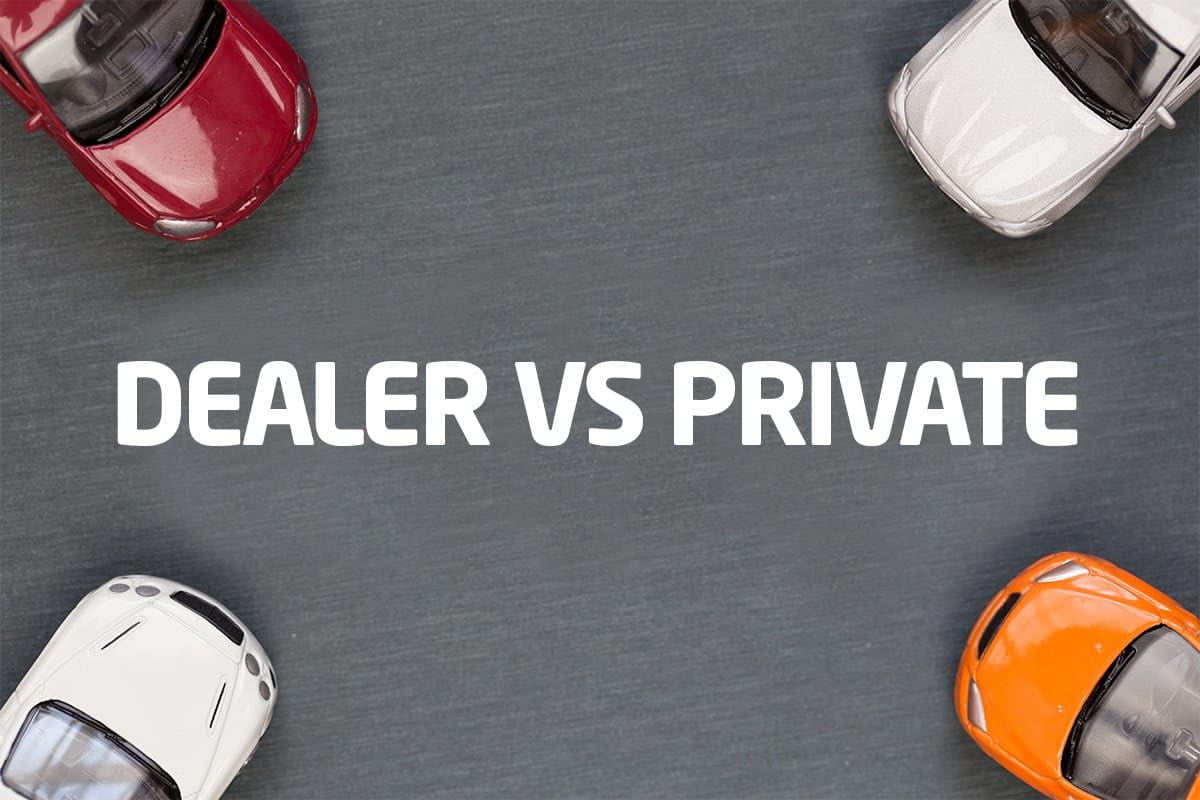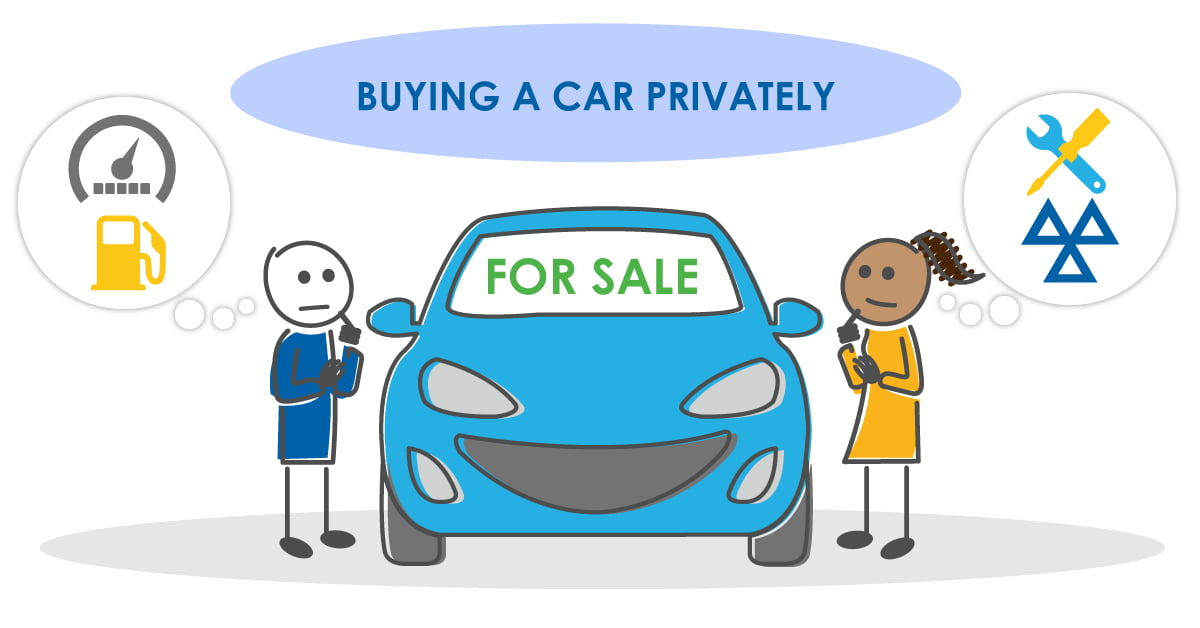Pros & Cons Of Buying A Used Car From A Dealership Vs. Private Seller

- Drawbacks of Buying from a Dealership
- Benefits of Buying from a Private Seller
- Drawbacks of Buying from a Private Seller
- Which Option is Best for You?
Purchasing a used car can be a smart and economical decision, but where you buy it matters. Two main options exist: buying a used car from a private seller or a dealership. Each option has its advantages and disadvantages, depending on your needs, budget, and risk tolerance. Understanding these pros and cons can help you make a more informed decision about where to purchase your next vehicle.

Below, we’ll check the main pros of buying a used car from a dealership.
Warranties and Certified Vehicles
Dealerships often offer warranties on used cars, giving buyers peace of mind that any mechanical issues that arise shortly after the purchase will be covered. Certified vehicles (CPOs) go through rigorous inspections and are backed by extended warranties, offering additional assurance of the car’s quality.
Financing Options
Dealerships typically have established relationships with banks and financial institutions, making it easier for buyers to secure loans. They may also offer in-house financing options, sometimes at competitive rates, which can make the buying process more convenient.
Customer Support and Post-Sale Services
Dealerships are licensed and regulated, which often means better customer protections. You may have legal recourse through consumer protection laws if something goes wrong. Dealerships also have a reputation to maintain, incentivizing better service and quality control.
Drawbacks of Buying from a Dealership

Despite the obvious advantages, buying used car from dealer also has several disadvantages.
Higher Prices and Dealer Fees
Dealerships generally charge higher prices than private sellers. The added costs can include dealership fees, overhead, and any additional perks like warranties or inspections. You may end up paying more than the car’s actual value.
Limited Negotiation Flexibility
While there’s usually some room to negotiate the price, dealerships often have less flexibility than private sellers. Dealerships have set pricing policies that may not allow significant discounts, particularly on popular models or high-demand vehicles.
Benefits of Buying from a Private Seller

Now let's compare dealership vs private seller and see pros of getting used vehicles from a private person.
Lower Prices and Direct Negotiation
Private sellers typically offer better prices than dealerships since they are not concerned with covering overhead costs or earning a profit margin. The vehicle’s price is often closer to its market value, allowing buyers to save a considerable amount of money.
They are also usually more flexible when it comes to price negotiations. If you are good at haggling or can demonstrate minor flaws in the car, you might be able to knock a significant amount off the asking price.
Flexibility and Personalized Deals
When buying used car from private seller, you often get more detailed information about the car's history. Sellers may be more willing to disclose minor issues or details about how the car was maintained. This personal insight can sometimes provide a better picture of how the car has been used.
Drawbacks of Buying from a Private Seller
No Warranties or Consumer Protection
One of the most significant drawbacks of buying from a private seller is the lack of warranty or guarantee. The car is yours once the sale is finalized – with all its potential problems. You're responsible for the repairs if any mechanical issues arise after the purchase.
Risk of Hidden Issues
Private sellers can be less reliable, with a higher risk of fraud or misrepresentation. You may encounter sellers not forthcoming about the car’s history or condition. Verifying the transaction's legitimacy is also more challenging, putting the onus on you to be extra cautious.

Which Option is Best for You?
Both buying used car from dealership and purchasing from a private seller have pros and cons. If you prioritize convenience, warranties, and financing options, a dealership might be the best choice, though you’ll likely pay a higher price. On the other hand, if you're looking to save money and have more room to negotiate, a private seller could be a better fit, though it comes with added risks and responsibilities.
Key Factors to Consider
Before making a final decision, consider the following factors:
- your budget;
- the type of car you want;
- your willingness to deal with potential mechanical issues;
- how comfortable you are with negotiating.
Each buying method offers a different experience, so understanding the trade-offs can help you make a well-informed decision.
This article is a set of legal notes from RollsAuto.com, an automotive website that strived to help customers find used vehicles, provide a financial center, payment calculator, etc.
These articles on the website are for educational and informational purposes only. The material in the article is distributed without profit to further propagate this information, which is appreciated and helps readers understand car selling more effectively.
The view in the article does not necessarily reflect the author's opinion. This site is not liable for the potential damages, lost profits, or any other losses of any kind caused by your reliance on the information in this article.
RollsAuto.com is only the author of these articles and is not in any way affiliated with the manufacturer or service provider mentioned. All trademarks are property of their respective owners and are mentioned as examples. Privacy and Terms policy: www.rollsauto.com/privacy-policy

